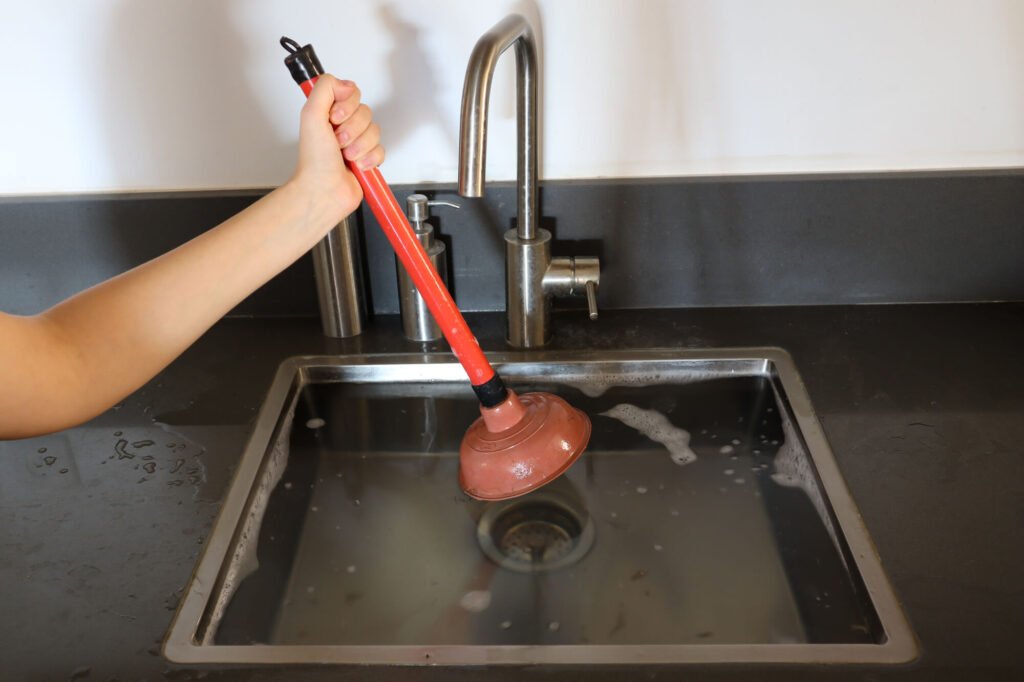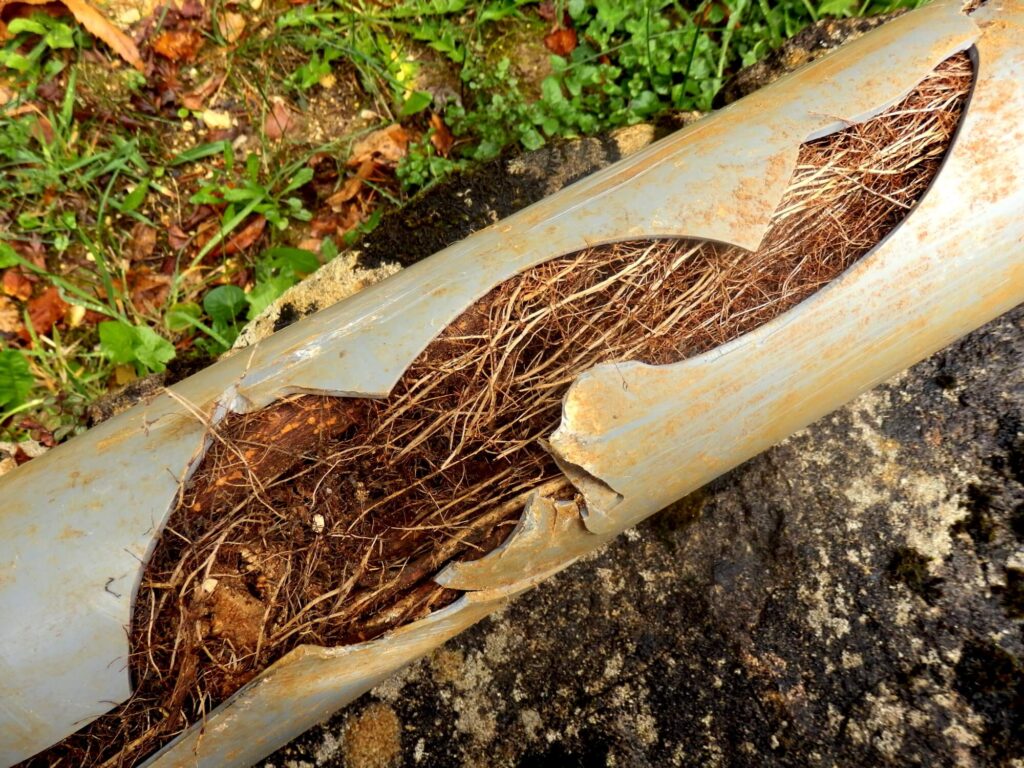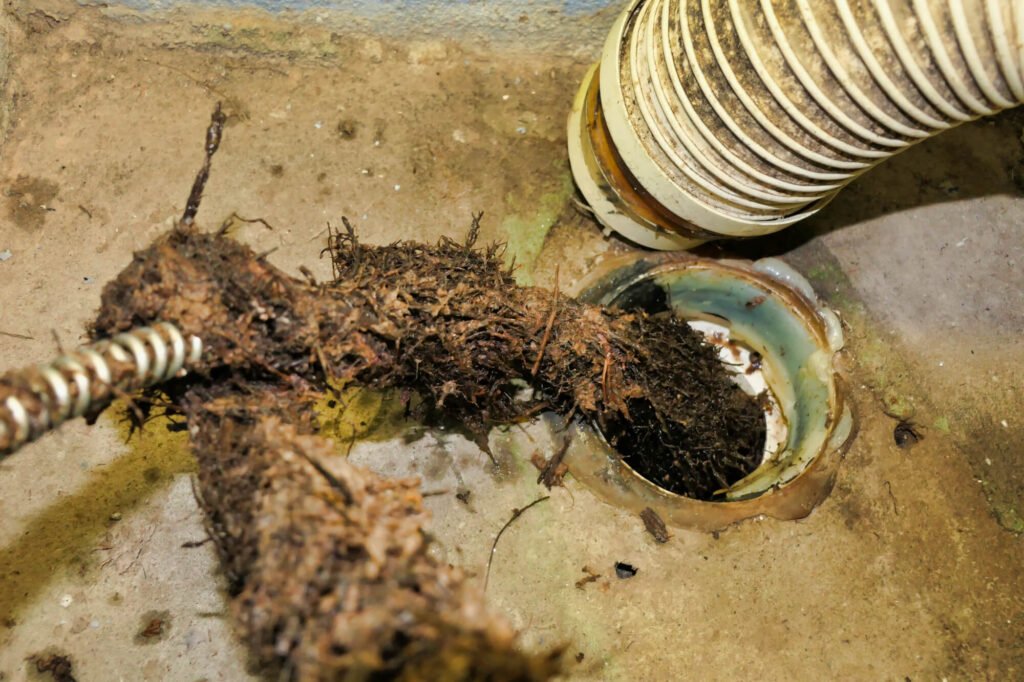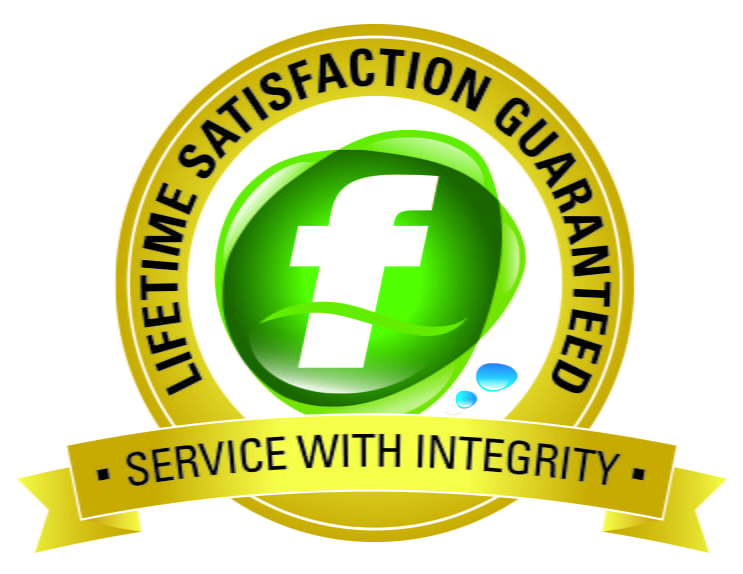Blocked drains are one of the most common plumbing problems that people encounter every day throughout Australia and around the world. Blockages can strike when you least expect them, so it pays to be prepared to deal with one. Left untreated, blockages can cause water to leak from your drains, potentially damaging your home or business facility. Severe blockages can also result in burst pipes, which can require even more costly repairs. Here’s a look at how to spot drain issues and the primary options you have available to clear blocked drains.

Signs Of A Blocked Drain
Unfortunately, many homeowners brush off early warning signs, not connecting them to a bigger problem or risk. The longer blocked drains are left untreated the more congested and unhealthy they become. Identifying the signs of a blocked drain can lead to faster, fuss-free cleaning.
Here are the most common signs your drains are blocked:
Smell
Drain blockages and stagnant water create the perfect environment for bacteria to grow. As a blockage rots it will release a foul odour that you will probably notice before any visual clues.
Overflow
Water pushing up from your drain is a problem. Even if it’s slow to build and drains away shortly after, it will get worse with time.
Gurgling sounds
If your drains are gurgling or glugging as water goes down it indicates there is air getting trapped. This happens when water backs up against a blockage, making a pocket of air deeper in the pipe that pulls and causes noise.
Slow to drain
A blocked drain will cause water in showers and sinks to drain sluggishly. Act as soon as the water starts to pool rather than waiting until you have a bath at your feet when you shower.


Causes Of Blocked Drains
Different blockages require different clearing tools and techniques. While it’s not always easy to assess, understanding what is stopping water flow is a big factor in a fast and effective solution.
Tree roots
Tiny cracks in underground pipes invite hair-thin roots inside. As roots grow they can completely block your sewage lines, causing pipe damage as well as health issues. You will need a plumber to remove the roots and repair the broken pipe sections with speciality equipment.
Toiletries
The only thing you can flush (apart from human waste) is toilet paper. Nappies, wipes – including ‘flushable wipes’ and feminine hygiene products are not suitable for drains and will cause blockages.
Foreign objects
Toilet bowls are big rain openings so it’s very easy for dropped items (or items thrown in by children) to disappear into the pipe network and become lodged in the U-bend.
Cooking oil
It’s common for many homeowners to dispose of cooking oil, fats and grease down the drain. Unfortunately, grease and oils clump and congeal, sticking to the pipe lining and causing other food and waste to become stuck in a gooey mess.
Food scraps
Food scraps, tea leaves and coffee grits escaping down your drain don’t look big but once in the pipe they clump together and create a hard mass that’s difficult to remove.
Mineral build-up
Tap water has naturally occurring and introduced minerals that aren’t pipe friendly. Minerals can coat the inside lining over time, narrowing the pipe and making it more susceptible to blockages.
Soap
Residue from bars of soap can accumulate behind drains, especially if there is tangled hair or dental floss for it to cling to.
Hair
Hair sheds, especially during a wash. Long hair becomes tangled in drain openings very easily but short hair, pet hair and hair shavings can also congest with conditioners and soap residue to form a blockage deeper inside your drain.
Natural debris
Garden debris is the usual problem for outdoor drains and patios. Gutter guards can help but even then soil, leaves and twigs can be washed into drains in stormy weather.
Cat litter
Cat litter is designed to clump and uses materials that are impossible to flush. The absorbent nature and density make it a nightmare for drains. All cat litter, no matter its type, needs to be thrown out, not flushed.


Ways To Clear A Blocked Drain
Once you have a good idea of what is causing your drain blockage you can start to take steps to clear it yourself or hire a professional, qualified plumber. Here are some easy ways to get started as well as some handy dos and don’ts:
Boiling Water
For a quick and easy fix for your blocked drains, try pouring a pot of boiling water into the drain. In many cases, this is enough to loosen or dissolve the blockage without having to resort to more drastic measures. Only use this method on metal or ceramic pipes, as the heat can loosen joints on PVC pipes. For PVC pipes, use hot, not boiling, tap water instead. This method can be effective on grease or food build-up, but it is unlikely to work for solid blockages.
DIY Natural Cleaner
You can create a DIY drain cleaner using bicarb soda (baking soda) and white vinegar. Simply pour the bicarb into the drain, followed by the vinegar. Cover the drain to prevent the mixture from bubbling out of the pipe. The chemical reaction between bicarb and vinegar produces oxygen, which scours the inside of the pipes, clearing them out. You may need to repeat the process a few times to get rid of the blockage entirely. Once the mixture has worked its way through the blockage, flush your pipes with hot water to remove any remaining residue.
Caustic Cleaner
You can purchase caustic chemical drain cleaners at your local hardware store or supermarket. These chemicals are capable of dissolving grease, hair, food and other common blockages. However, they are harmful to the environment and should be used sparingly. Caustic cleaners will not work on solid masses, like tree roots or small household items. Always protect your hands and face when working with chemical cleaners, and flush your pipes with water afterwards to get rid of any lingering chemicals.
Plunger
A plunger can clear a blocked drain just as it can clear a clogged toilet. Be sure to cover any overflow spouts before you begin plunging so you can get a strong seal. The up-and-down pressure created by the plunger can help to loosen any blockages so your pipes can flow smoothly once again. Plunging is most useful for solid blockages, but it is not very effective on grease build-up and mineral deposits.
Snake and CCTV
A plumber’s snake, or electric eel tool, is suitable for more severe blockages. The rotating coil at the end of the cable spins rapidly, chipping away at the blockage until it has been cleared. Snakes have limited range, though, so the blockage needs to be near the opening of the drain in order for them to be effective. They also have the possibility of damaging your pipes, so it is best to try other methods first. You can purchase plumbers’ snakes at most hardware stores, or you can hire a licensed plumber to do the job for you.
Hydro-Jet
Hydro-jets force a powerful stream of water through your pipes. The pressure that is created then forces the blockage through the pipes and out so that water can flow through once more. This method is much safer for your pipes than snaking, although it is not as effective against solid blockages. Although you can attempt hydro-jetting on your own, it is likely better to leave this task to a professional plumber who will have the experience necessary to do the job properly.
Excavation
In the most extreme cases, your pipes may require full excavation. A plumber can identify the exact location of the blockage so that they know which pipe needs to be excavated. After digging out the earth around the pipe, the plumber can repair or replace the pipe in question. The earth can then be filled back in around the new pipe, restoring your property to its original condition. This type of work can be quite complicated, so it is best to trust a professional plumber to handle it for you.


Trust Fluid Plumbing for Your Plumbing Needs
Do you have a stubborn blocked drain? Call Fluid Plumbing in Central Coast, Newcastle and Canberra to clear your drains. We are highly skilled at what we do and have the experience to handle just about any problem you can throw at us. We welcome you to get in touch with us to learn more about our services and how we can help you keep your drains flowing smoothly at all times. Call us today to schedule an appointment.
